How to choose your petanque balls ?
- Home
- /
- How to shoot ?
Find petanque balls that suit you best
Introduction
Above all, be aware that the choice of your petanque boules will have very little influence on your current level, unless of course you change your beach balls for competition balls The ball is your main tool and your level is leveraged only by training. Though, there are many type of balls and it is important to choose the right ball for you, which best suits your way of playing. Besides that, the pleasure of playing with new brand boules is indeed motivating and this will therefore influence the way you throw them. Several criteria must be taken into account to make the best choice :
- The material
- The weight
- The hardness
- The diameter
- The price
The material
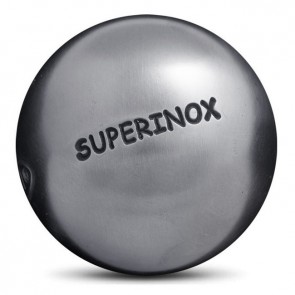 petanque ball in stainless steel
petanque ball in stainless steel
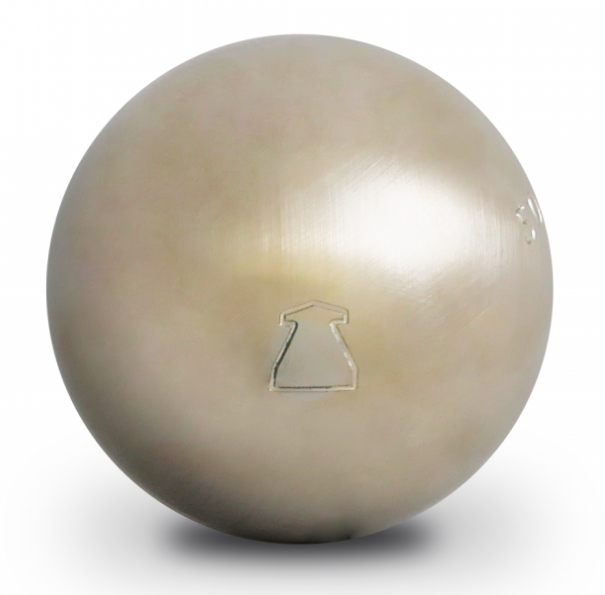 petanque ball in bronze
petanque ball in bronze
There are 3 available materials in the market :
- Stainless steel : that is the most common material. It has a significant advantage : it requires very little maintenance because the balls do not rust (or very little). And the grip of the stainless steel boules is good !
- Stainless carbon : these are the ones that "stick" the better to your hands. If you play sporadically prefer stainlss steel balls because carbon tends to rust easily. To prevent rust, remember to oil them regularly.
- Bronze : special allow, bronze gives very soft balls. They are very pleasant in the hand but they wear out much more quickly than stainless steel and carbon balls, especially during regular use.
The weight
The most commonly used weights are between 680g and 710g, but you are allowed to play with boules weighing between 650g and 800g. The choice of weight is made according to your game :
- If you are shooter, then you will opt for lighter balls between 670g and 700g.
- If you are a pointer, prefer heavier balls between 700g and 730g.
- If you are a beginner, choose 700g balls, they offer a good compromise.
- If you are middle, I let you manage because you are experienced !
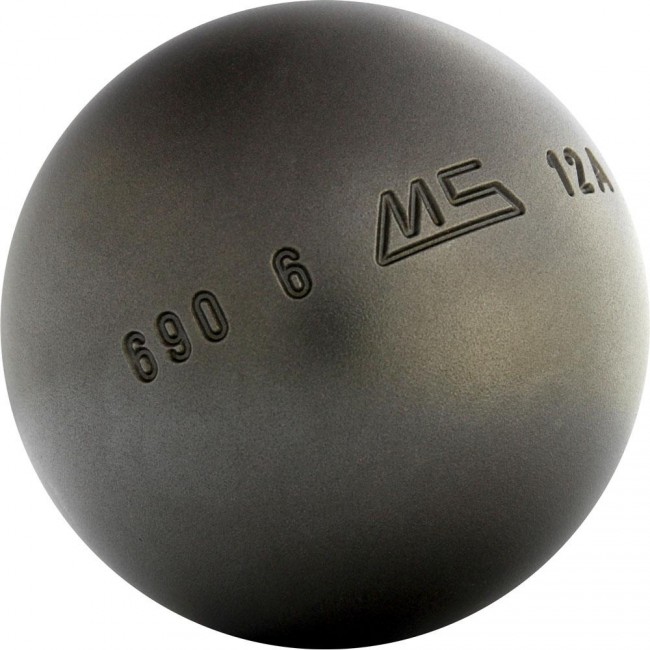 The weight is engraved on the ball (690)
The weight is engraved on the ball (690)
The hardness
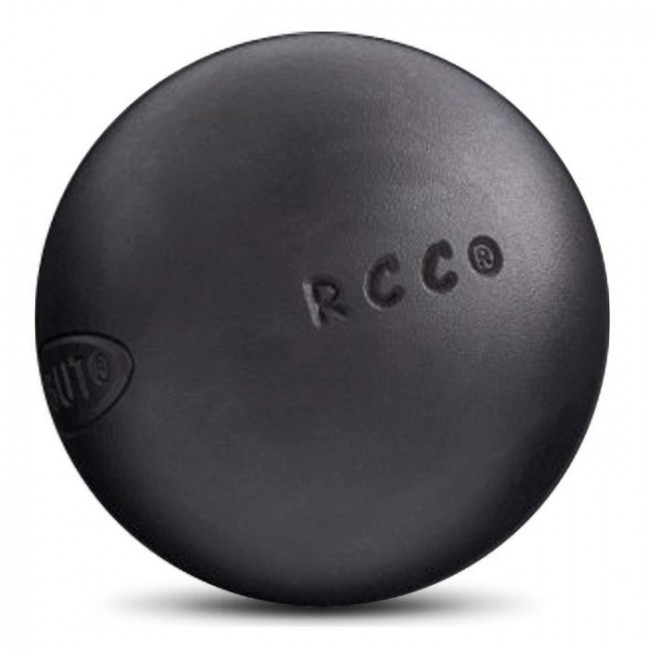 "RCC" balls from the brand Obut are very tender
"RCC" balls from the brand Obut are very tender
You will find 4 types of hardness :
- Very tender
- Tender
- Semi-soft
- Hard
Then the rule is very simple : the softer your boules are, the less they bounce and the longer they stay on the ground meaning more "carreaux".
Depending on the type of hardness, the longevity of the balls is not the same; Hard balls have a longer lifespan cycle than soft ones.
The diameter
The diameter of a ball is defined in millimeters (from 71mm to 80mm). To find out which diameter of ball corresponds to you, there is a simple trick which consists in measuring the number of centimeters between the end of the thumb and that of the middle finger, to make open hand. Depending of the result, determine the ball diameter using the table below :
| Measure (cm) | 16 | 17 | 18 | 19 | 20 | 21 | 22 | 23 | 24 | 25 |
|---|---|---|---|---|---|---|---|---|---|---|
| Diameter (cm) | 71 | 72 | 73 | 74 | 75 | 76 | 77 | 78 | 79 | 80 |
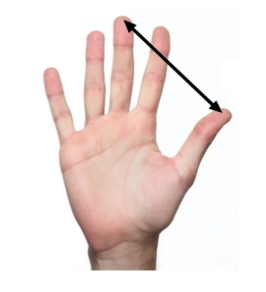 Find the petanque ball diameter which corresponds to your hand
Find the petanque ball diameter which corresponds to your hand
The cost
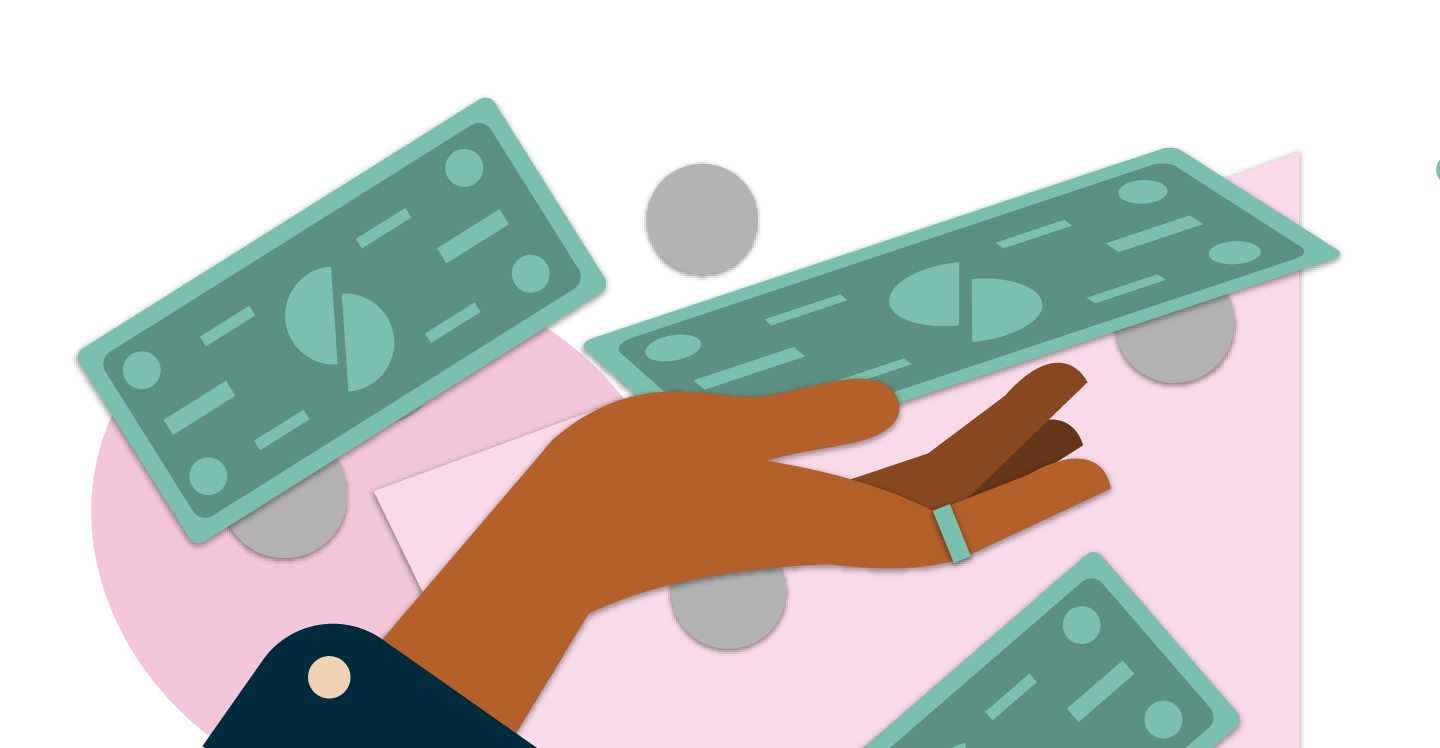 You will find variable costs depending on the brand
You will find variable costs depending on the brand
The price of homologated balls is very variable. For around 75 €uros, the entry-level balls will suit you perfectly if you are beginner. For the more experience, you will find mid-range balls from 100-150 €uros per triplet. Above 200 €uros, manufacturers offer high quality balls that will delight the most perfectionists.
Conclusion
You now have an idea of the type of balls you want to buy. If you have the possibility, it is a good idea to ask other players to test the ones that they have. With this you can already have a clue about the diameter that suits you the best. Touching is also essential; in fact, a new boule does not often provide the same feeling in the hand as a boule that is 6 months old. To compare or search balls according to your criteria, do not hesitate to consult the page All the petanque balls You can also give your advice about balls you already have.
If you have any remarks or you need help, please contact us.
if you like this tutorial please share it on the social networks.
